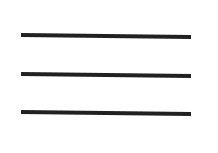
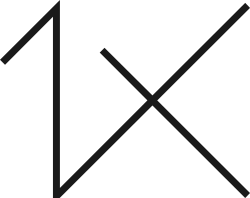
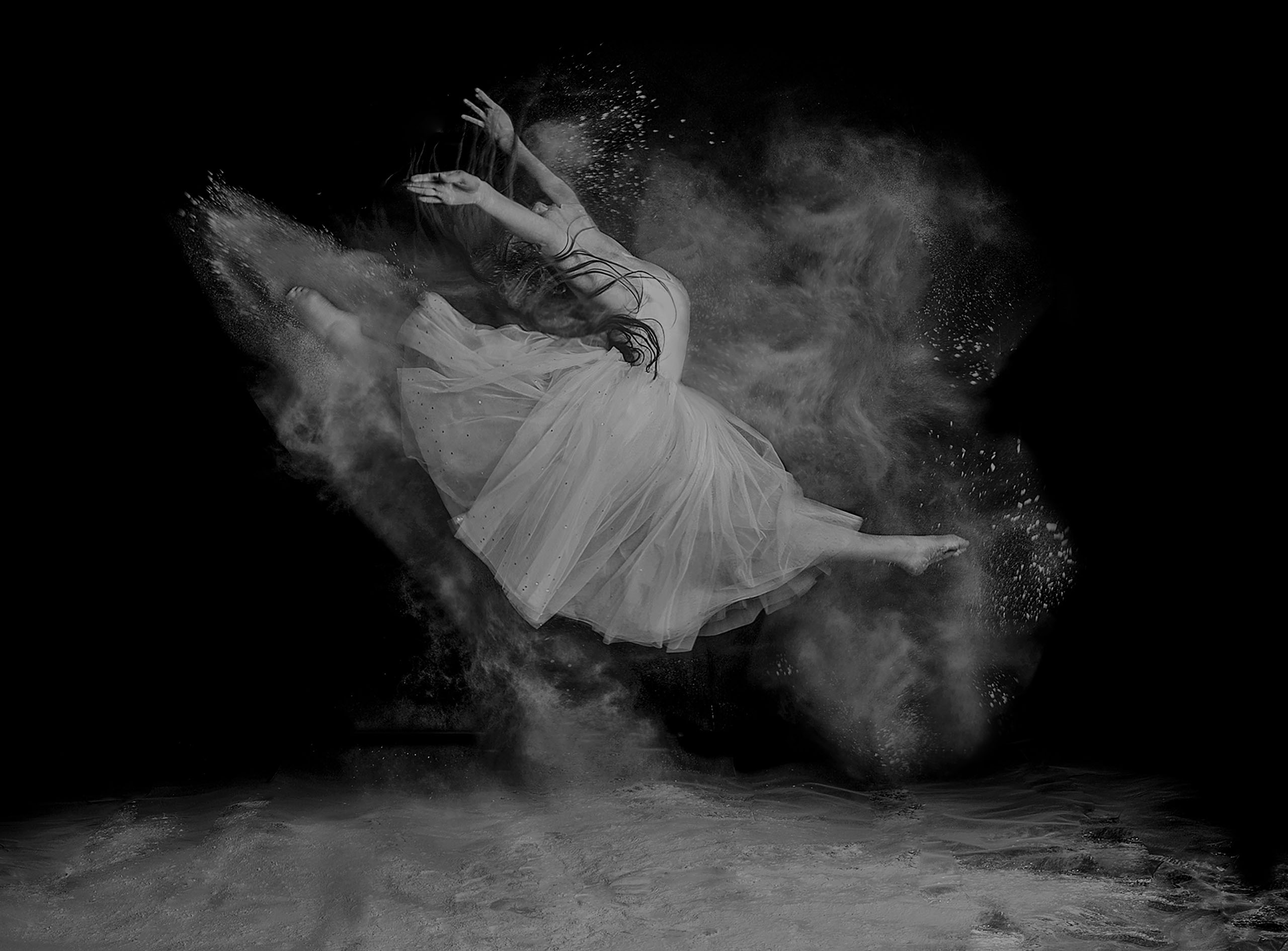
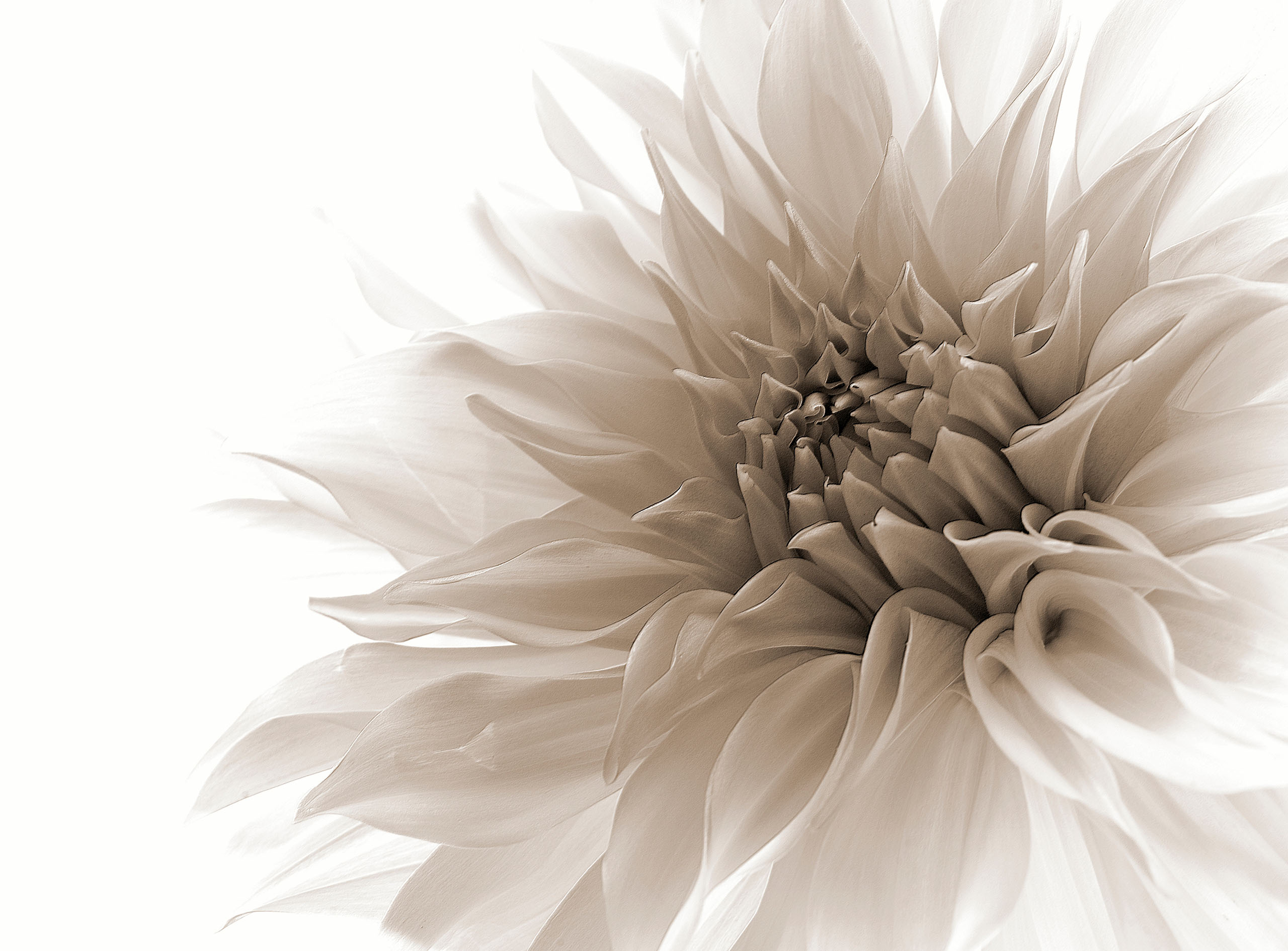
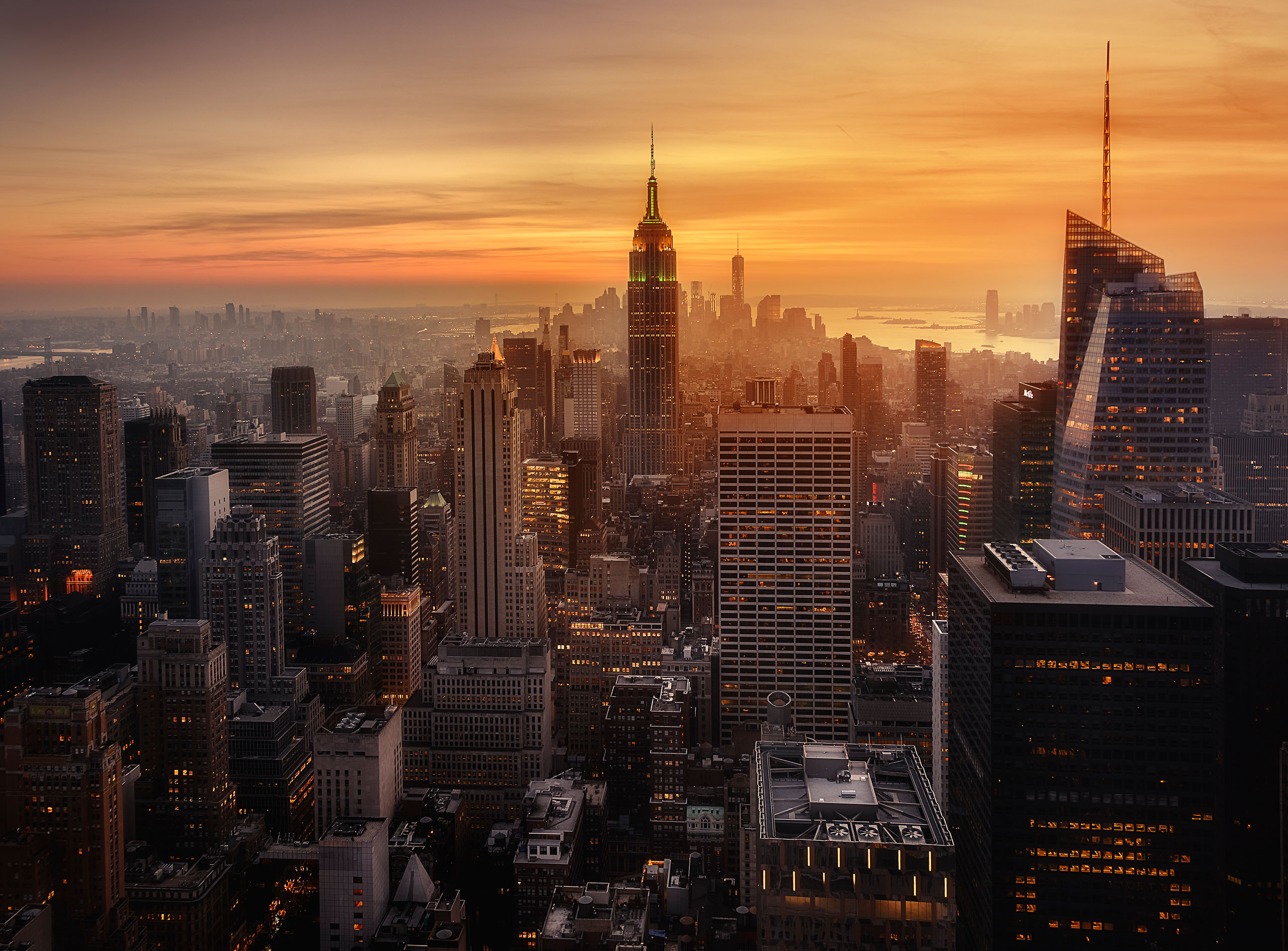
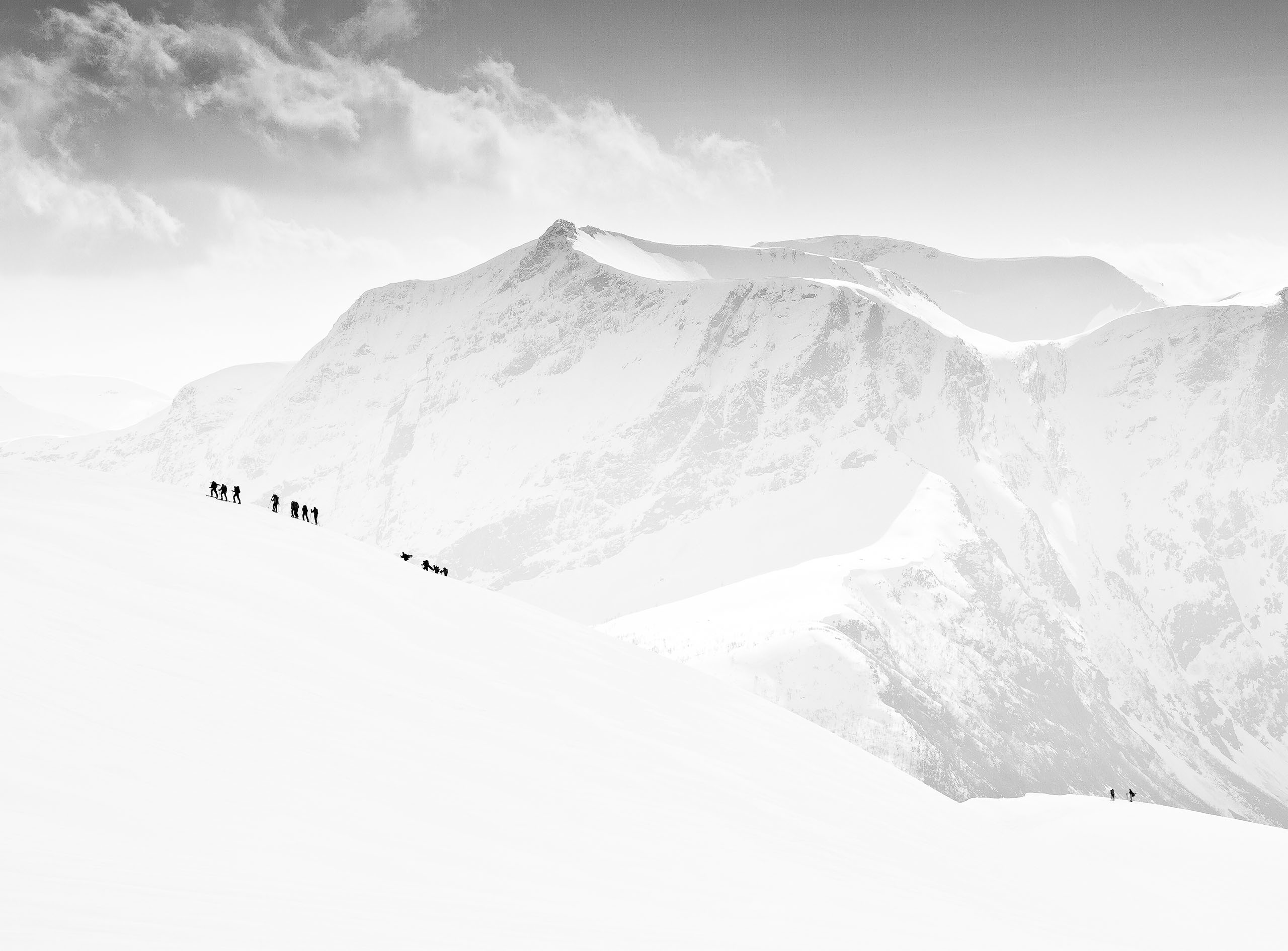
|
|
|
|


Pedro Jarque considers himself an animal photographer in the broadest sense, not a wildlife photographer 'stricto sensu'. His interest is focused on portraying the animal as a subject, devoid of context. His photographs are an artistic challenge, not a documentary or reportage photography. He quotes A. Stieglitz: “Photography is a reality so subtle that it becomes more real than reality.”
Pedro's work is unique and known all over the world. See his impressive list of Awards on his website.
The 1x community is proud to have him as a member.
Thanks a lot for taking the time to answer the questions in this interview and for taking us in your fantastic own animal world, Pedro.
Briefly tell us about yourself, your hobbies and other jobs.
Photography has been a passion that has accompanied me since I was very young, in the prehistoric analogue era, and had to learn the secrets of darkroom craft developing
However, life took me separate ways and I graduated in philosophy of science at the University of the Sorbonne in Paris, although I never stopped doing studio portraits, often adapted to the small spaces of the Parisian houses where I lived. I like all types of photography, but I always had a predilection for portraiture, and my great project, for a long time, was to make studio portraits with animals.
How has your history and life experiences affected your photography?
Which are your most important experiences that has influenced your art?
When I was a kid in Lima (Peru), near my house there was a large pond full of frogs and tadpoles. I had the opportunity to witness the entire process of metamorphosis of the frogs up close and I was fascinated. But one day I came to the pond and there were no more frogs or tadpoles. Someone had poured kerosene to kill them. They never returned. This caused me a strong impact and I realized the fragility of animal life. Fragility that nowadays is more obvious than ever.
I think this experience made me aware of the drama that was beginning to unfold and I wanted to do something to help become aware of this. "Man has turned earth into a hell for animals," said the German philosopher Arthur Schopenhauer in the 19th century. And while the world is designed so that living beings eat each other to survive, our moral conscience holds us accountable for the way we position ourselves with respect to this unavoidable fatality and how we should proceed. I do not believe that any suffering or torture of animals should be tolerated today.
Describe your overall photographic vision.
I consider myself an animal photographer in the broadest sense, not a wildlife photographer strictu sensu. My interest is focused on portraying the animal as a subject, devoid of context. On the other hand, my photographs are an artistic proposal, not a documentary or reportage photography. It could be said that this is creative photography, and, as such, enjoys the freedom to express an idea that combines an aesthetic aspect with an intention. As it is an artistic proposal, there is an alteration of the image that in my case consists of darkening the background, and sometimes working on the lights and shadows, but always emphasizing or attenuating the existing lights and shadows (dodging and burning). In the end it is a question of interpreting the real and original scene, but without distorting it. There is no staging, since the central element, i. e. the animal, is not altered, it is only highlighted. In a certain way, besides showing the body, I try to look for the soul of the animal. The key to success is a little luck and a lot of patience.
Why are you so drawn by Nature Photography and animal portraits?
Non-human animals are exceptional models. They have endless possibilities and allow me to explore portraiture in unsuspected ways. Their expressions often invite us to reflect about our own condition. They are like mirrors. With these portraits I try to reconcile with them.
Somehow, through these portraits of animals I succeed in synthesizing my two passions, philosophy and photography.
What is more important to you, the mood,/story behind your images or the technical perfection?
I believe that the technical aspect helps me to show more effectively the conceptual aspect which, in this case, would be the intangible nature of the animal soul. In most cases, the editing of a photograph allows us to reproduce the original scene more faithfully, because the camera has been unable to capture it faithfully, or to show a scene with the author's subjective vision, that is, an interpretation of it. With editing, it can be done much more, but I'm particularly interested in these two aspects. In my portraits this means being able to show the animal how I perceive it and how I want to transmit it.
What generally is your relationship to your subject matter beyond being an observer? Do you prepare carefully the locations where you are intending to photograph?
Most of my photos are made in zoos, wildlife reserves or sanctuaries, were I have access to a wide variety of animals. I think that the classic concept of the zoo is now anachronistic and outdated. Originally their function was entertainment for commercial purposes, but today zoos are the last hope of survival for many species. That is why I prefer to call them "preservation centres", because their role has changed radically. It is often thought that animals should be released. Unfortunately, for many of them their natural habitat no longer exists, or their release would mean their condemnation. Zoos as such will disappear and be replaced by these preservation centres, with a very different philosophy. It will be essential that a strict control is carried out on how to preserve these species and on the justification of keeping in captivity those that require it. Centres that do not meet these criteria should be closed.
Initially I wanted to work with the animals directly in a photographic studio, but logistically it was very difficult, if not impossible, to get a large or dangerous animal into a studio.
So I chose to make the portraits from a feasible (and safe) position and recreate the studio in the edition phase. I started experimenting, and I realized that in the end the result was better, because the animal behaved naturally when not forced to be in a studio. Studio work often frightens or stresses the animal, and the result is a portrait of a harassed creature. So what was initially a constraint ended up becoming an advantage. The animal is often unaware that he's being photographed, or if it is, eye contact is made, but each one from his own safe space. And I often try to get that eye contact, because that is where your consciousness is best perceived and a fascinating interaction develops. I then came to the conclusion that it is not worth forcing the animal to pose in a photographic studio just to get a dark background. If this can be done in post-production, there is no need to disturb it.
What gear do you use (camera, lenses, bag)?
My usual equipment is simple: a Canon 5D MIII camera and a Canon 70-300mm telephoto lens with a mono-pod.
What is your most important advice to a beginner in Nature Photography & animal portraits and how do you get started?
I think the fact that I started doing analogue photography was a good exercise, because the limitation of the number of photos in the film forced me to think well before shooting. Similarly, the fact of not being able to see the result immediately forced me to know the camera well and how it operated. On the other hand, the darkroom laboratory taught me to develop and seek the desired result. Overall, the scarcity of materials was a discipline that taught to be meticulous before and after the photo shoot.
It is also very useful to have knowledge of drawing, as this way you can work volumes, lights and shadows to achieve the desired result without having to resort to the method of trial and error. In this sense, I personally loved to look closely (and still do) at the paintings of the great chiaroscuro masters to learn from them. Especially, Rembrandt and Caravaggio. I try to take inspiration from that wonderful mastery of the light and shadows of the great masters of 16th century paintings and the so-called "tenebrismo" with Spanish masters like Jose de Ribera, which exaggerates this contrast between lights and shadows creating an atmosphere that is sometimes disturbing.
Are there any specific directions that you would like to take your photography in the future or any specific goals that you wish to achieve?
Visit Antarctica!
Describe your favourite photograph taken by you and why it is special to you?
This photo - Mass Hysteria - has special meaning for me, since it was one of my first prizes, in the Sony WPA 2016 and later it was published by the National Geographic magazine in France in October 2016, when this well-known magazine named me photographer of the month.
This other photo - Ebony & Ivory - has also been of special significance, because it won the 1X "People Choice" award in the 2016 contest and also a first place in the prestigious nature photography contest "Oasis" in Italy.
Is there anything else you wish to add and what do you think about 1X as a home base for your work?
I like the concept of 1X curated photography. This provides a level of quality that other photo webs lack and forces us photographers to try to keep a good level.
Finally, I believe that the moral duty of a nature photographer today is to awaken collective consciousness about the fragility of the world and to show that we are not the owners of the earth and that we are not the only living beings with a conscience.
Check out more of Pedro Jarque's impressive work
on his website: http://www.pedrojarque.com
on his 1x portfolio: https://1x.com/member/pjarquek
 | Write |
 | Mathilde Guillemot |
 | Yvette Depaepe CREW All credits go to Pedro!!! Thanks for your "sparkling" comment, Mathilde. Cheers, Yvette |
 | Pedro Jarque Krebs PRO Thank you so much Mathilde! |
 | Charlaine Gerber PRO Wow, fantastic images and insight into photographing theses beautiful animals, congratulations on a great article! |
 | Pedro Jarque Krebs PRO Thank you Charlaine! |
 | Martine Benezech PRO fantastic work, Pedro. |
 | Pedro Jarque Krebs PRO Thank you Martine! |
 | verdon PRO Excellent work Yvette, great interview I enjoy the reading about your life, philosophy as photographer and as a human, appreciate you pictures and style of editing, thank you! |
 | Yvette Depaepe CREW Thanks Verdon! All credits go to Pedro who is a very talented photographer ;-) |
 | Pedro Jarque Krebs PRO Thank you so much for your kind words Verdon! |
 | Luc Vangindertael (laGrange) CREW A great selection from Pedro's outstanding catalogue and a very interesting interview which reveals a lot on the philosophy behind the images. Congratulations Pedro, thank you Yvette :-) |
 | Yvette Depaepe CREW No thanks, Luc! All pleasure is mine ;-) |
 | Pedro Jarque Krebs PRO Thank you so much Luc. Glad you like it! :)
|
 | Iván Ferrero Enhorabuena PEdro! no puede ser más merecido! |
 | Pedro Jarque Krebs PRO Muchas gracias Iván! :) |
 | Izabella Végh PRO
The article is really interesting and very beautiful. Thanks to Yvette and of course for our great photographer of the wonderful animals. Thank you and I am happy to be a member of this great community, 1x.com. |
 | Yvette Depaepe CREW Thanks for your lovely comment, dear Izabella! |
 | Pedro Jarque Krebs PRO Thanks a lot Izabella! |
 | DELETED_642922 Indeed a very interesting interview with a great artist ! I'm very glad to learn something about his amazing technique. And I admire his philosophy behind his work! |
 | Pedro Jarque Krebs PRO Thank you Daniël! |
 | Greg Barsh PRO Great interview and a great set of images--I've admired Pedro's work for some time, and it's a pleasure to learn more about his background, his motivations, and his approach to portraying and sharing the natural world. |
 | Pedro Jarque Krebs PRO Thank you so much Greg! |
 | Jois Domont ( J.L.G.) PRO Enhorabuena Pedro, muchas felicidades. Un gran trabajo que sigo desde hace tiempo, muy merecido. Todo mi recocimiento y admiracion. Un abrazo
Congratulations Pedro. A great job that I have been doing for a long time, well deserved. All my ancestor and admiration. A hug
Thank you for the great interview Ivette.
Best whises |
 | Yvette Depaepe CREW All honor goes to Pedro! Thanks for your appreciation, Jois ;-) |
 | Pedro Jarque Krebs PRO Muchas gracias querida Jois!! Thank you so much dear Jois !! |
 | Ahmed Thabet PRO This guy is really amazing, Bravooooo |
 | Pedro Jarque Krebs PRO Thank you Ahmed! |
 | Ralf Stelander FOUNDER Excellent imagery, thanks Pedro and Yvette! |
 | Yvette Depaepe CREW Thanks for your appreciation, Ralf! |
 | Pedro Jarque Krebs PRO Thank you very much Ralf ! |
 | Martin Zalba A very revealing interview. Thank you very much Pedro for approaching your work, which is special, because as you say, it is not only the animal but its soul and you reflect it very well. Thanks for sharing your work. Thank you Yvette for getting a little closer to this great photographer-philosopher! |
 | Yvette Depaepe CREW My pleasure... Thanks Martin! |
 | Pedro Jarque Krebs PRO Thank you so much my friend! |
 | Joxe Inazio Kuesta Garmendia PRO Great interview, dear Pedro. It is good to know something more about you and your excellent photography technique. Excellent photos. Congratulations. Thank you very much to Yvette for this great interview. Warm regards. |
 | Yvette Depaepe CREW Yes it certainly is interesting to know more about Pedro Jarque, Joxe! So much talent... Thanks, dear Joxe! |
 | Pedro Jarque Krebs PRO Thank you so much amigo Joxe ! It's always a pleasure to have feedback from my friends, and it was a great pleasure to meet you in Linz, and I look forward to seeing you again soon :) |
 | Joxe Inazio Kuesta Garmendia PRO I would love to meet you again in Linz, dear Pedro. I have already uploaded some photos for the Trierenberg, but, in my case, win two year in a row a golden medal I think it only could happen in a dream. Anyway, you never know. Hope to see you again in Linz. Saludos amigo. |
 | Thierry Dufour PRO Your work is really exceptional, I am a great admirer of your photos that make us aware of the fragility of our nature yet so beautiful. I'm far from having your talent but I'm trying too modestly with my macros to try to show that also in the world of the very small of many species are threatened because of pollution, insecticides and men who destroy their habitat. Congratulations Pedro for your work, friendly Thierry !!! Thank very much to Yvette for this splendid interview !!! |
 | Pedro Jarque Krebs PRO Dear Thierry, thank you so much for your kind words. I know very well your work, and I am also a great admirer or your talent and skills. And you are absolutly right, life in all its dimensions deserve respect, and all living beings should be compassionate with each other to the best of its ability, with human beings' moral responsibility on the top. |
 | Yvette Depaepe CREW It is a pleasure to me to interview the very talented 1x photographers. Pedro Jarque's work is so impressive and beautiful. Thanks, Thierry! |
 | Yvette Depaepe CREW Dear Pedro, thanks for taking us with you in your very own and unique animal world, my friend. It is a real pleasure to introduce you to the readers. My very best compliments and best greetings, Yvette |
 | Pedro Jarque Krebs PRO The pleasure is all mine, dear Yvette, and I am very honored and proud to be part of this community with so many great photographers from all over the world.
Thank you so much for this interview! |